The Flip Side: What is a Play, Anyway?
Webster’s Dictionary defines a play as…just kidding. I won’t go down that route. Wouldn’t want you to die of boredom so early into the column. But the question of what makes a play a play is an interesting one. A traditional, almost default answer might be something like: a scripted performance on stage, told in one to three acts, where there is some kind of narrative structure. But staged performances that might have once been considered fringe or avant-garde are increasingly gaining recognition as “legitimate” plays. Artists out there are doing some damn cool stuff, and I for one think it’s great their outside-the-box ideas are making their way to mainstream theatre audiences.
Of particular note this week is Stolen House, a completely improvised show that’s staged on sets borrowed (or stolen, hence the title) from other productions. Matthew Love for The New York Times writes a great piece about Stolen House, which stars some of the best-of-the-best of the improv world and is directed by Stephen Ruddy who, as Love writes “has long sought to find overlap between scripted theatre and spontaneous performance.” Have a read.
In other news…
- Speaking of avant-garde theatre, available through May 31 is a free, guided mobile tour of New York’s East Village, which highlights Performance Space 122, one of the most notable venues in New York dedicated to experimental theatre. You can learn a bit about the space, and the tour, here.
- Ross and Rachel are coming to Broadway! Okay, not really. But the play Ross & Rachel, written by rising British star James Fritz, is preparing for its off-Broadway opening later this month as part of the Brits Off Broadway festival. As Fritz explains in his interview with The Guardian, his play is not a sequel to everyone’s favourite 90’s sitcom, but rather—inspired by the relationship between the show’s main love interests—questions the idea that ending up together is the ultimate happily ever after.
- To the delight of musical theatre fans everyone, the First Ladies of Broadway reunited for a pitch perfect performance of Wicked’s “For Good.”
- Playbill spoke with Renée Elise Goldsberry, best known to some as ASA Geneva Pine, the driven lawyer and thorn in Alicia Florrick’s side for seven years of The Good Wife, about her well-deserved first Tony nomination for her role as Angelica Schuyler in Hamilton.
- Rupert Everett writes a great piece for The New York Times about his journey to become Oscar Wilde—and what that journey means to him—in The Judas Kiss. The show’s Toronto run closed last week, and it will open soon at the Brooklyn Academy of Music.

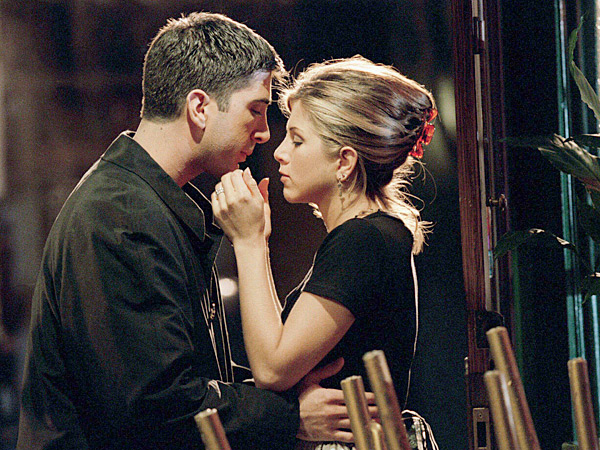
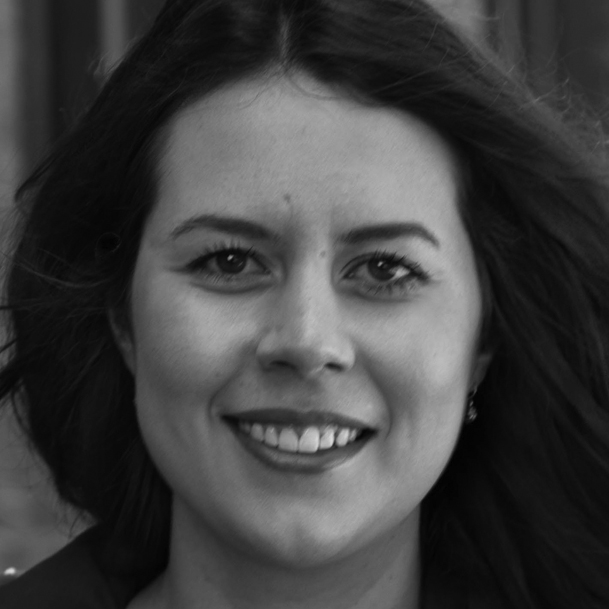
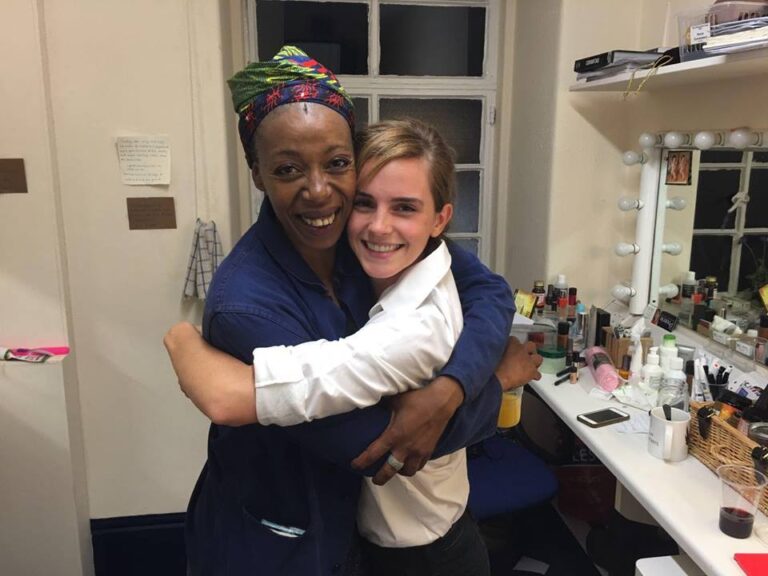



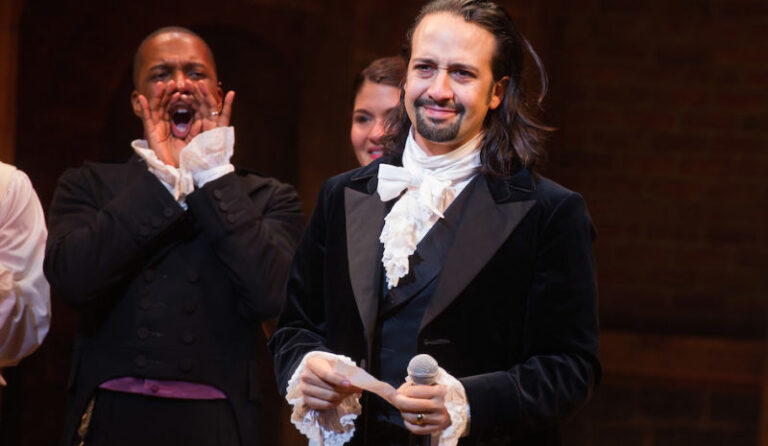
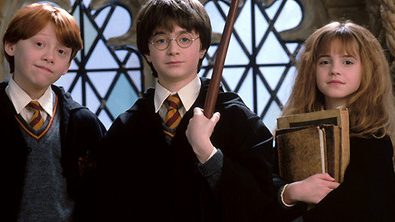
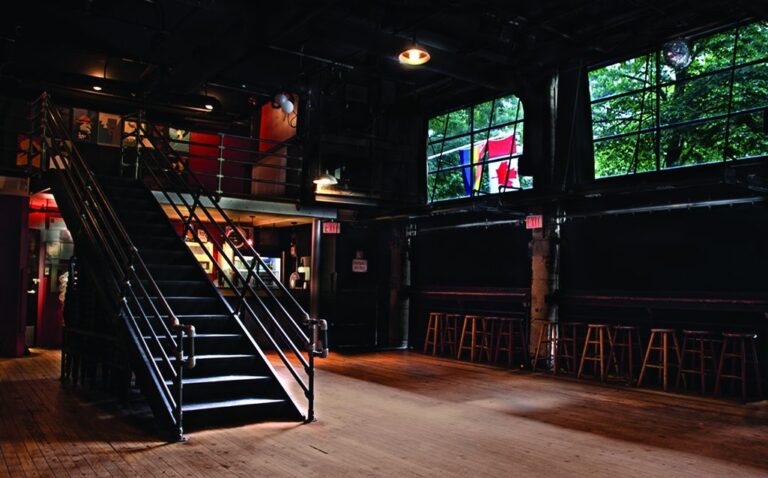


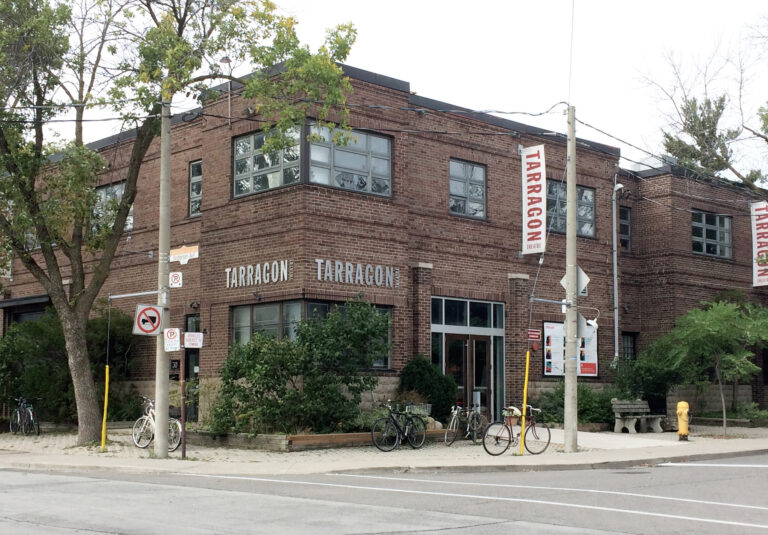
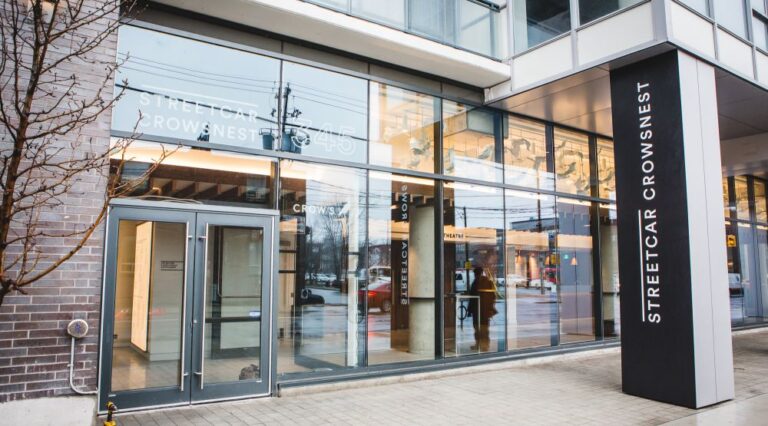

Comments